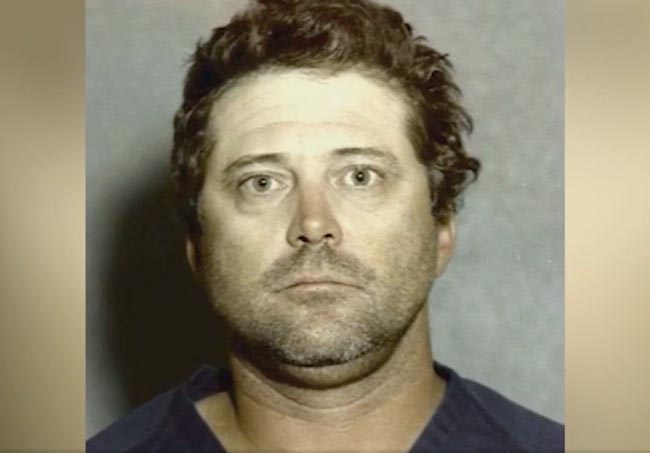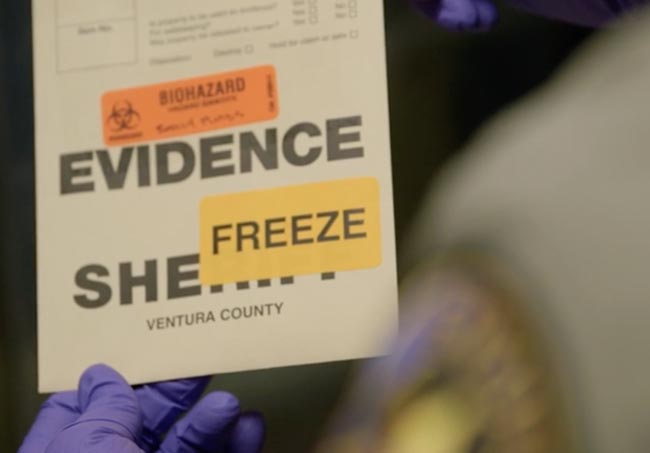Sherry Black Foundation
Investigative Genetic GenealogyTimeline of Fornsic DNA
DNA Fingerprinting (VNTR’s variable tandem repeats)
First conviction using DNA
STRs Improved DNA Markers
CODIS Database (STRs)- CODIS has helped solve more than 680,122 investigations
Familial DNA Searching (FDS)
Probabolic Genotyping (PG) Better Instruments, Rapid DNA, NGS
GSK Arrested with IGG
More than 600 cases solved using IGG
Understanding Investigative Genetic Genealogy (IGG) For Solving Violent Crime
IGG is a powerful tool for solving violent crimes of homicide and sexual assault, it also is used to identify human remains and missing person investigations. We have been using DNA to solve crimes for several decades. Advances in DNA technology allow the use of unknown DNA to be uploaded to genealogy databases like GEDmatch and Familytree to help generate investigative leads that help solve cases that have previously gone unsolved.
Why IGG Is Important
- With hundreds of thousands of unsolved homicides across the United States, families need hope and investigators need tools to bring justice.
- IGG renews hope to families and victims that justice will be served. This tool is the best DNA advancement investigators have seen in decades. Establishing guidelines gives law enforcement confidence to use IGG as a tool enforcement the confidence they need to apply IGG to unsolved cases.
- You can help law enforcement solve cases by sharing your DNA with databases that allow Law enforcement to access the opted in database for solving crime and identifying the missing. Become a genetic witness.
Genealogy Database
GEDmatch is a free DNA comparison and analysis website for people who have tested their autosomal DNA using a direct-to-consumer genetic testing company, such as Ancestry, 23andMe, FTDNA, or have a custom file from other sources.
Over 2 million people have tested with FamilyTreeDNA, resulting in the most comprehensive DNA matching database in the industry. GedMatch- Free database for comparisons of autosomal DNA data files from different testing companies. Used by law enforcement to identify suspects.
IGG Forensic Labs
Astrea Forensics Provides DNA Sequencing Services to Cold Case Investigators. SNP Profiles from Rootless Hair and Highly Degraded Samples.
Forensic Genealogy utilizes traditional genealogy research with advanced DNA testing to help identify potential links to unknown profiles.
DNA Labs International was founded in 2004, and we have been providing service excellence for over fifteen years specializing in forensic DNA analysis for law enforcement agencies, attorneys, and government forensic labs. DNA Labs International is a private forensic DNA laboratory that is run by a mother-daughter team
Intermountain Forensics is a nonprofit Forensic DNA Testing Laboratory employing cutting edge molecular biology to cold cases.
Othram uniquely offers in-house processing of evidence, from DNA extraction, enrichment, and repair, to sequencing and genealogy.
Parabon NanoLabs is behind the investigative genealogy work that’s helped solve 230 violent crimes in the U.S. and Canada.
RGEN Inc. merges science, technology and strategy to provide a full spectrum of genetic services.
University of Nebraska’s Human DNA Identity Lab is accredited to offer SNP sequencing testing with the ForenSeq Kintelligence kit, and in conjunction with law enforcement and genealogists provide investigative leads in these important unsolved cases.
The Center for Human Indentification at University of North Texas offers biological screening and DNA testing including autosomal STR, Y chromosome STR and mitochondrial DNA and SNP testing.
IGG Cases
Police Haven’t Said How They Cracked the Idaho Murders.
This Is How.
Investigators found suspect Bryan Kohberger with the method that solved the Golden State Killer case. But they aren’t saying so.
Clearfield police arrest alleged serial rapist with the use of a DNA database
With the help of a DNA database, the Clearfield Police Department arrested a man Wednesday they believe committed multiple aggravated sexual assaults in Utah and Wyoming between 1991 and 2001.
Suspect identified in cold murder cases of 2 California women
More than 30 years after two Orange County women were killed, the police have found the suspect using DNA evidence.
How police found the Golden State Killer's DNA
Disclaimer: Sherry Black Foundation is not affiliated with any group or website listed in this page.




